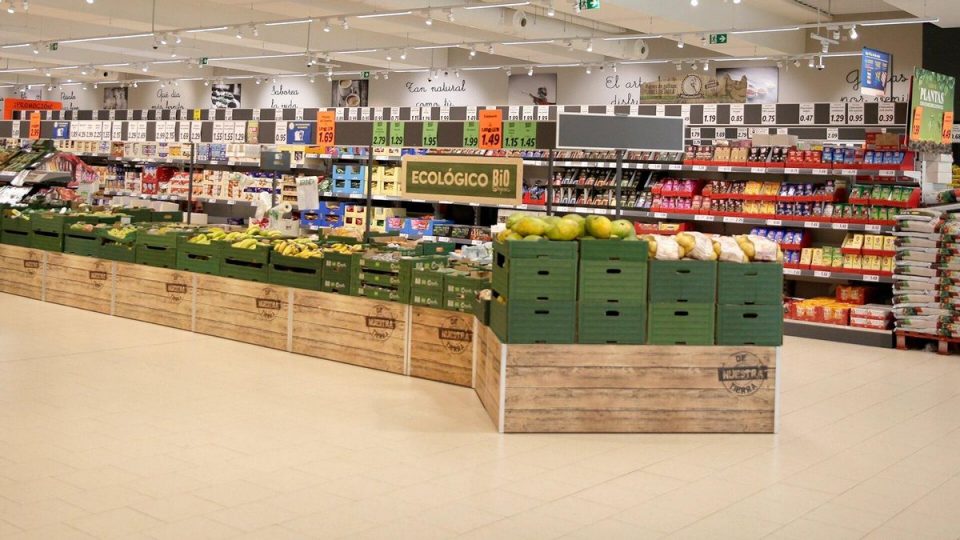In a continent where grocery costs have climbed steadily over the past few years, price-conscious shoppers are increasingly selective about where they buy their weekly essentials. Discount chains and value-focused retailers have solidified their position, offering aggressive pricing strategies, streamlined operations, and in many cases, private-label dominance that keeps costs low without compromising quality.
From Germany’s retail powerhouses to emerging deep-discount specialists in Southern Europe, the competitive grocery landscape reveals a clear hierarchy of affordability. Below is an overview of the ten supermarket chains currently leading in price competitiveness across Europe, supported by basket comparisons and consumer price index data.
The Discount Model: Why It Works
Europe’s cheapest supermarkets largely share a set of core characteristics:
-
Operational efficiency – lean staffing, simplified store layouts, and limited SKU ranges.
-
Private-label strength – in many cases accounting for over 80% of the assortment, reducing supplier costs.
-
Aggressive procurement – direct relationships with producers and bulk purchasing power.
-
Focus on essentials – targeting high-turnover items such as fresh produce, dairy, bread, and basic packaged goods.
This model, perfected by the likes of Aldi and Lidl, has inspired numerous regional players to adopt similar strategies, adapting them to local consumer preferences.
Top 10 Cheapest Supermarkets in Europe
Rank Supermarket (Main Regions) Key Strengths
1 Aldi (Germany, across Europe) Basket prices among the lowest in UK, Spain, and Germany; efficient operations and extensive private label.
2 Lidl (Germany, across Europe) Very close to Aldi in pricing; recently topped UK 76-item basket comparison.
3 Eurospin (Italy, Slovenia, Croatia, Malta) Leading price rankings in Slovenia; strong local sourcing keeps costs down.
4 E.Leclerc (France) On average 7% cheaper than most national competitors; powerful regional buying network.
5 PrimePrix (Spain) Deep discounts on surplus and overstock goods; expanding presence in urban centres.
6 Sqrups (Spain) Large markdowns (30–80%) on non-perishables; niche appeal for bargain hunters.
7 Netto (Denmark, Germany, Poland) Scandinavian discounter with competitive entry-level pricing and loyalty offers.
8 REMA 1000 (Norway, Denmark) No-frills model with consistent low pricing; strong in smaller communities.
9 Extra / Coop Extra (Norway) Price leader in Norway; “Xtra” budget range has strong consumer recognition.
10 Norma (Germany, Central Europe) Smaller footprint than Aldi/Lidl but competitive pricing and lean cost structure.
Regional Patterns in Affordability
-
Germany remains the epicentre of discount innovation, with Aldi, Lidl, and Norma setting the standard for efficiency and low pricing.
-
Southern Europe has seen rapid growth in non-traditional budget formats such as PrimePrix and Sqrups, appealing to younger, urban consumers seeking opportunistic deals.
-
Scandinavia sustains high-cost economies but keeps grocery bills in check through home-grown discount models like REMA 1000 and Coop Extra.
-
France has retained strong regional co-operatives, with E.Leclerc continually undercutting national competitors.
What This Means for Shoppers
Consumers are increasingly willing to switch loyalties for price advantages, especially when quality perception remains stable. With inflation still influencing household budgets, the gap between discount and traditional supermarket pricing continues to drive market share toward the top five on this list.
In 2025 and beyond, the challenge for premium and mid-tier supermarkets will be to either compete on price through private-label development or differentiate through service, specialty ranges, and sustainability credentials.
Cheapest Grocery Baskets in Select European Countries (2025)
Country Basket Cost (approx.) Cheapest Supermarket or Trend
Greece Benchmark (lowest among compared nations) — often up to 46 % cheaper than Germany for the same basket
Bulgaria ~ €25 per week — among the lowest in Europe
Hungary ~ €30 per week
Poland ~ €35 per week
Romania ~ €40 per week
UK Lidl cheapest at £50.27 for a basket (€58), overtaking Aldi at ~£50.46
UK (July 2025) Basket of 76 items: Lidl £128.40 (€148) vs Aldi ~£129.25 (€149); Lidl edges out most affordable
Spain Aldi cheapest: €17.70 for a 10-item basic basket; Lidl ~€17.85, Mercadona ~€17.90
Key Insights
-
Eastern Europe leads in affordability, with weekly grocery costs as low as €25 in Bulgaria and rising modestly to €40 in Romania.
-
Greece consistently offers the most budget-friendly basket across multiple Western European comparisons — up to 46% cheaper than Germany.
-
In the UK, Lidl currently ranks as the most economical supermarket for basket comparisons, surpassing Aldi and outperforming major chains like Tesco and Sainsbury’s.
-
Spain’s Aldi store delivers exceptional value — €17.70 for essentials beats even discount-specific chains like PrimePrix and Sqrups.
Summary Highlights
-
Most affordable weekly groceries: Bulgaria, Hungary, Poland, Romania
-
Western Europe’s standout: Greece (notably lower than Germany, France, UK)
-
Top-value supermarket chains:
-
Spain: Aldi
-
UK: Lidl (current champion)
-
-
Emerging discount challengers (Spain): PrimePrix, Sqrups offer steep discounts but still trail Aldi for basic baskets


